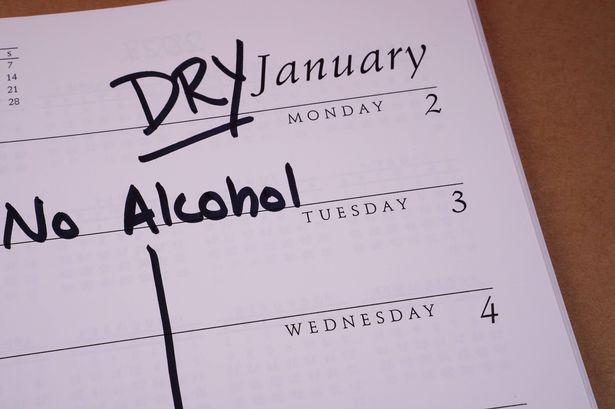The festive season, a time of celebration and merriment, often involves increased alcohol consumption. As the festivities conclude, many individuals reassess their relationship with alcohol, seeking to moderate or eliminate its presence in their lives. This decision, driven by health concerns, personal goals, or simply a desire for a lifestyle change, can be challenging but ultimately rewarding. Understanding the subtle yet significant ways alcohol impacts the body can provide powerful motivation for embarking on a journey towards reduced alcohol intake or complete abstinence.
One of the initial indicators that alcohol is negatively affecting health can manifest in digestive issues. Regular or excessive alcohol consumption can irritate the stomach lining, leading to gastritis, acid reflux, and other digestive discomforts. The liver, the primary organ responsible for processing alcohol, can also become inflamed, leading to fatty liver disease, a condition that can progress to more severe liver damage if alcohol intake remains unchecked. Changes in bowel habits, including diarrhea or constipation, can also signal that the digestive system is struggling to cope with the strain of alcohol processing. Furthermore, alcohol interferes with the body’s absorption of essential nutrients, potentially leading to deficiencies that compromise overall health.
Beyond the digestive system, alcohol’s detrimental effects extend to mental and emotional well-being. While initially acting as a depressant and offering temporary relaxation, continued alcohol use can disrupt neurotransmitters in the brain, leading to increased anxiety, depression, and mood swings. Sleep patterns can also be significantly disrupted, resulting in insomnia and poor sleep quality, further exacerbating mental health issues. The cumulative effect of these disruptions can significantly impact daily life, affecting concentration, productivity, and overall quality of life.
The impact of alcohol extends to physical appearance and overall energy levels. Alcohol is a diuretic, leading to dehydration, which manifests as dry skin, brittle nails, and dull hair. The dehydration, coupled with the disruption of sleep patterns, contributes to feelings of fatigue and lethargy. The empty calories in alcoholic beverages offer no nutritional value and can contribute to weight gain, further compounding feelings of sluggishness. These visible and tangible changes in appearance and energy levels can serve as potent motivators for reducing alcohol consumption.
Alcohol’s adverse effects are not limited to individual health; they also ripple through social and professional spheres. Excessive alcohol use can strain relationships with family and friends, causing conflict and emotional distress. It can impair judgment and decision-making, leading to risky behaviors that can have serious consequences. Professional performance can also suffer, with decreased productivity, absenteeism, and potential job loss. Recognizing these wider implications can provide a powerful impetus for reassessing one’s relationship with alcohol.
Ultimately, the decision to reduce or eliminate alcohol consumption is a personal one. However, understanding the diverse and pervasive ways alcohol affects physical and mental health, as well as social and professional life, can provide the necessary motivation for making a positive change. From digestive discomfort and mood swings to fatigue and strained relationships, the warning signs are often subtle but cumulative. Paying attention to these signs and seeking professional support when needed can empower individuals to take control of their health and well-being, leading to a healthier and more fulfilling life. This journey towards reduced alcohol intake or abstinence can be challenging but offers substantial rewards in terms of improved physical health, enhanced mental well-being, and stronger relationships. The benefits extend beyond the individual, positively impacting families, communities, and society as a whole. By understanding the risks and recognizing the warning signs, individuals can make informed choices that pave the way for a brighter, healthier future.














